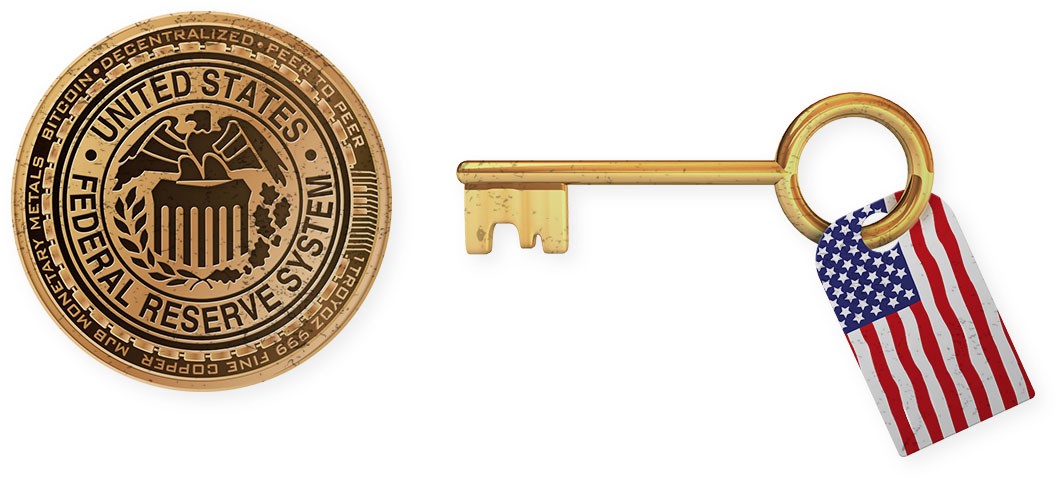PALO ALTO, Calif. (Reuters) - The Federal Reserve is looking at a broad series of concerns around digital payments and currencies, including policy, design and legal factors to consider around potentially issuing its own digital currency, Governor Lael Brainard said on Wednesday. Brainard's remarks recommend more openness to the possibility of a Fed-issued digital coin than in the past." By transforming payments, digitalization has the potential to deliver greater value and convenience at lower cost," Brainard said at a conference on payments at the Stanford Graduate School of Service.
Central banks globally are disputing how to manage digital finance technology and the distributed ledger systems used by bitcoin, which assures near-instantaneous payment at possibly low expense. The Fed is developing its own round-the-clock real-time payments and settlement service and is presently reviewing 200 comment letters sent late last year about the suggested service's style and scope, Brainard said.

Less than two years ago Brainard told a conference in San Francisco that there is "no compelling demonstrated requirement" for such a coin. However that was before the scope of Facebook's digital currency aspirations were widely known. Fed officials, including Brainard, have raised issues about consumer protections and data and privacy threats that might be posed by a currency that might enter use by the third of the world's population that have Facebook accounts.
" We are collaborating with other main banks as we advance our understanding of central bank digital currencies," she said. With more nations looking into releasing their own digital You can find out more currencies, Brainard stated, that contributes to "a set of factors to likewise be making sure that we are that frontier of both research and policy Visit this page development." In the United States, Brainard stated, concerns that require study consist of whether a digital currency would make the payments system much safer or simpler, and whether it might posture monetary stability threats, consisting of the possibility of bank runs if cash can be turned "with a single swipe" into the reserve bank's digital currency.
To counter the monetary damage from America's unmatched nationwide lockdown, the Federal Reserve has actually taken unprecedented actions, including flooding the economy with dollars and investing straight in the economy. The majority of these moves received grudging approval even from many Fed doubters, as they saw this stimulus as needed and something just the Fed might do.
My new CEI report, "Government-Run Payment Systems Are Unsafe at Any Speed: The Case Versus Fedcoin and FedNow," information the threats of the Fed's current plans for its FedNow real-time payment system, and proposals for central bank-issued cryptocurrency that have been dubbed Fedcoin or the "digital dollar." In my report, I talk about concerns about personal privacy, information security, currency control, and crowding out private-sector competition and innovation.
Proponents of FedNow and Fedcoin say the federal government should develop a system for payments to deposit immediately, rather than motivate such systems in the economic sector by raising regulatory barriers. However as kept in mind in the paper, the economic sector is supplying an apparently limitless supply of payment technologies and digital currencies to resolve the problemto the level it is a problemof the time gap between when a payment is sent out and when it is gotten in a bank account.
And the examples of private-sector innovation in this location are numerous. The Cleaning Home, a bank-held cooperative that has been routing interbank payments in numerous types for more than 150 years, has actually been clearing real-time payments because 2017. By the end of 2018 it was covering half of the deposit base in the U.S.